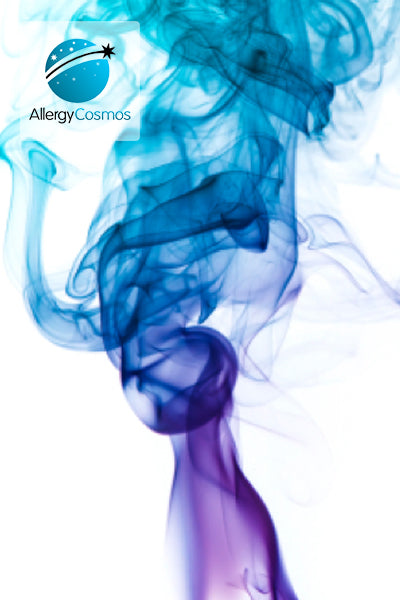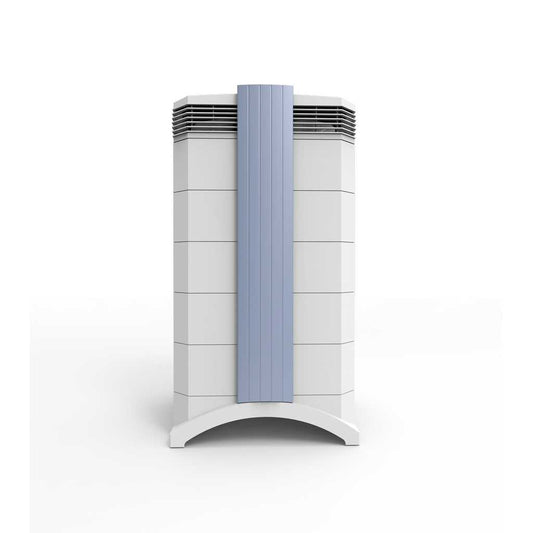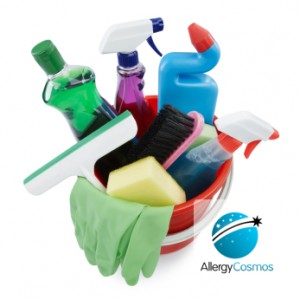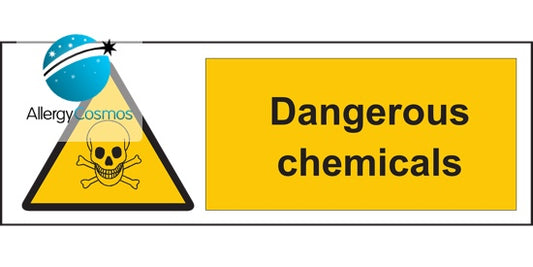
Multiple Chemical Sensitivity
Multiple Chemical Sensitivity (MCS) symptoms occur as a result of exposure to the thousands of synthetic chemicals that are part of modern life. For most people, exposure causes no problems. But for those with MCS, inhaling or coming into contact with certain chemicals will cause a range of symptoms. The chemicals are found in regular household products, cosmetics, toiletries, office equipment, building material and more.
Frequently Asked Questions
What is Multiple Chemical Sensitivity?
What chemicals are most likely to cause Multiple Chemical Sensitivity?
How common is Multiple Chemical Sensitivity?
What are the symptoms of Multiple Chemical Sensitivity?
How is Multiple Chemical Sensitivity diagnosed?
How can Multiple Chemical Sensitivity be managed?
Are there any treatments for Multiple Chemical Sensitivity?
What is the prognosis in Multiple Chemical Sensitivity?
Related Products
-
IQAir GC MultiGas Air Purifier
Regular price £1,399.00Regular priceUnit price per -
IQAir AirVisual Outdoor Quality Monitor
Regular price £274.00Regular priceUnit price per -
IQAir Atem Car Air Purifier
Regular price £399.00Regular priceUnit price per








